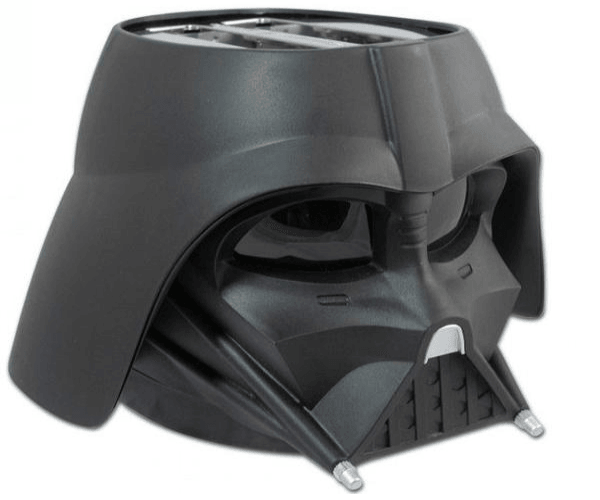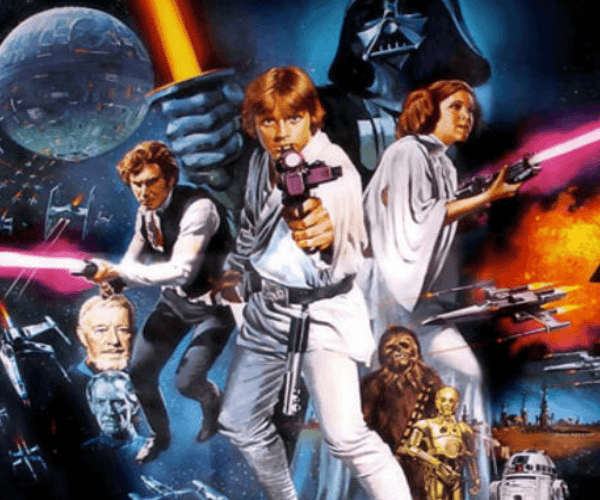“Women simply aren’t funny” – a quote that recurred too often until recently.
For a long time now comedy has seemed to be a bit of a boys club. An image of a bunch of men hidden away in a treehouse with a big sign on the door that reads “No Girls Allowed”. Every time a girl tried to force her way into the club she was quickly ejected and sent to the light hearted Rom Com Ville.
Debates on where a women’s position in comedy has ran since the early days of the moving picture. Even recently a disagreement has resurfaced in regards to the early Judd Apatow movie, Knocked Up. A movie released almost 10 years ago that caused quite the sexist debate in regards to the characters. The male lead, Seth Rogan played Ben, a carefree, loveable doofus opposite Katherine Heigl who played the humourless, uptight Alison. A character that even Katherine had trouble liking as a person. Who would love and want to resonate with a humourless shrew?
But in recent years thanks to The Bridesmaid Effect we have seen an increase in the efforts made by Hollywood for female driven comedies. We’re not talking a love interest female lead, we are talking about a group of people with actual ovaries and all being given the chance to be funny. So to celebrate all things that make women funny here are the reasons why comedy is no longer a boys club.
The Bridesmaids Effect
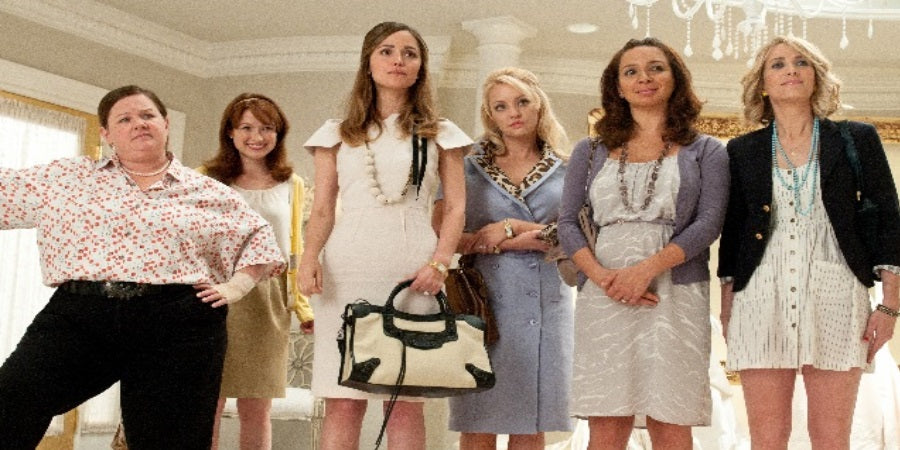
For many, Bridesmaids is where the battle began for women in comedy movies. Written by, and starring the brilliant Kristen Wiig, the female-centric Bridesmaids went on to become producer Judd Apatow’s most profitable movie ever. Considering that he has a producing CV that includes many male orientated comedies such as Anchorman, The 40 Year Old Virgin and Superbad this is a great achievement for a gross out comedy containing a group of 30 something women.
Something that makes Bridesmaids the industry defining picture that it is, is the way that each character took the phrase, “women simply aren’t funny” and literally crapped all over it… in the middle of the street… in a wedding dress.
Since the success of Bridesmaids successful female comedic writers are starting to push their way through the barriers and have started to become the go to requests for female-centric comedies. From Kristen to Tina Fey and Amy Schumer, women know what’s funny and in an age where male/female role reversals are becoming the norm, it allows writers like Schumer and Girls creator Lena Dunham to write roles for women that you wouldn’t have expected to see just 10 years ago.
The Rise of the Female Buddy Comedy

Female buddy comedies have become the new norm. Over the last five decades a great female buddy comedy would only happen every now and again. From The First Wives Club to 9 to 5, these movies helped to pave the way for the original rise of women in comedy – the 90s. 90s laugh out loud comedies such as A League of their Own, Clueless, Romy and Michelle’s High School Reunion and even the brilliantly dark but hilarious Heathers started a trend of funny groups of women in movies. These have helped to pave the way for a brand new generation of comedies including Pitch Perfect, Bridesmaids and Mean Girls.
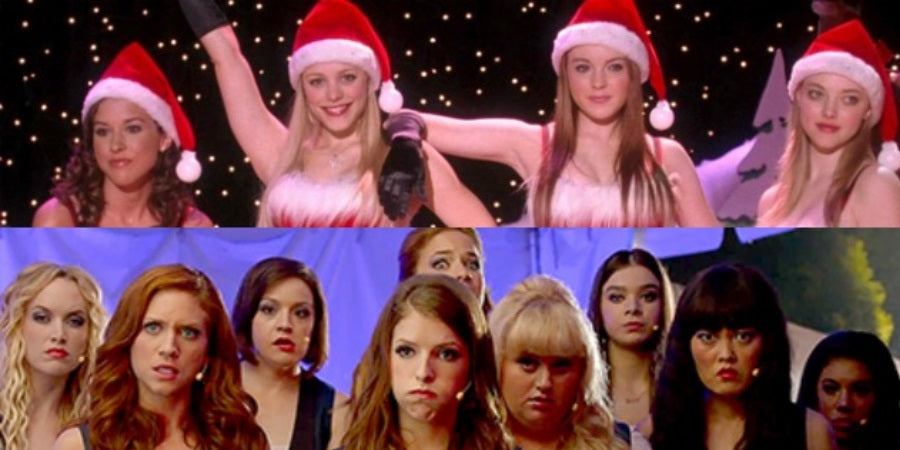
With the announcement of Oceans Eight, a movie franchise that for over 50 years has always being considered to be a Rat Pack boys outing, is finally being remade with an all-female cast. With an A-list, star studded ensemble including the likes of Academy Award winners Sandra Bullock, Anne Hathaway and Cate Blanchett, it just feels right for an all-female remake of the movie and not forced for the sake of a feminist standpoint.
Standout Performances Paving the Way for the Next Generation
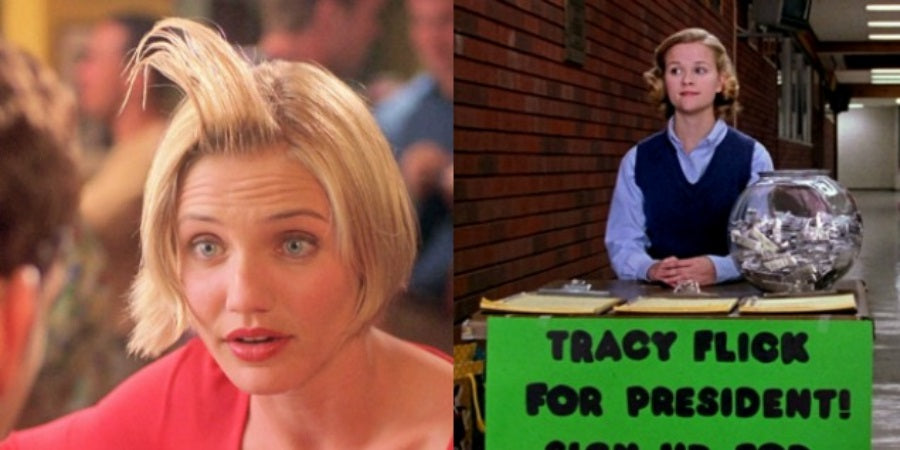
But it is not just the female groups that are dominating cinemas. Over the years we have seen so many standout solo female performances in male dominated comedies. Take Cameron Diaz in her best role to date, There’s Something About Mary. Known as a 90s sex symbol and object of desire worldwide thanks to her breakout role in The Mask, she managed to show that she was more than just a pretty face by offering up a triple threat of comedic timing, smarts and an innocence while oozing sex appeal in this Farrelly Brothers comedy.
Then there is Reece Witherspoon, a woman well known for her acting skills with countless Academy Award nominations in the last 15 years, Reece is a force to be reckoned with. But before the nominations, even before her most iconic role of Elle Woods in Legally Blonde, there was Tracy Flick. A character so menacing yet brilliant in so many ways from the 1999 cult classic Election. The dark comedy centred around a rigged high school election became the legend that it is today thanks to Reece’s Stepford teen determined to do what it takes to be the very best Tracy.
Women Dominating Ticket Sales
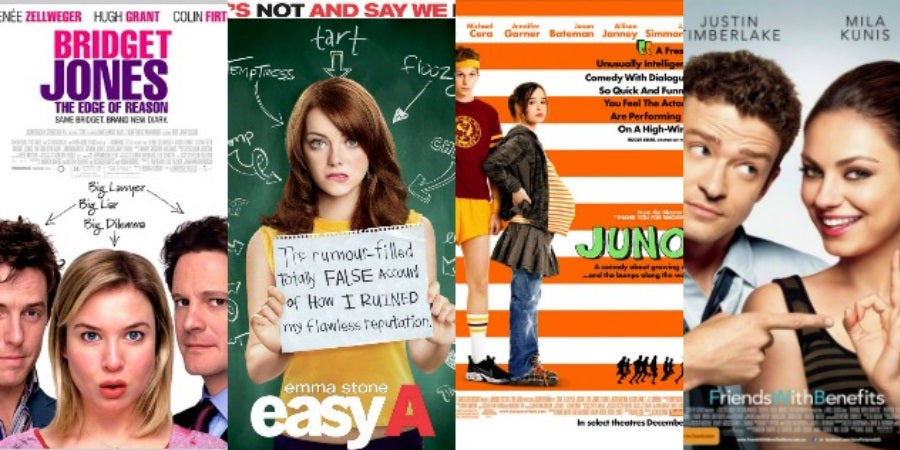
For the last 20 years it has felt as though Hollywood has tried to stay loyal to its number one fan base - teenage boys. From superhero movies and the illustrious summer blockbuster, Hollywood knew how to please its target audience, often at the expense of its female lead who was usually used for appearance only and something for the male protagonist to save.
But things are changing. Studies suggest that the number of teenage boys who go to the movies is dwindling and women are becoming the new go to ticket buyers. Movies that shouldn’t be success stories based on their reviews alone have gone on to be some of the biggest selling movies of the last couple of years. It wasn’t men that made Frozen Disney’s highest-grossing movie of all time and would Pitch Perfect have been made into a trilogy had to been targeted at a male audience? Of course not!
A Whole New Vocabulary
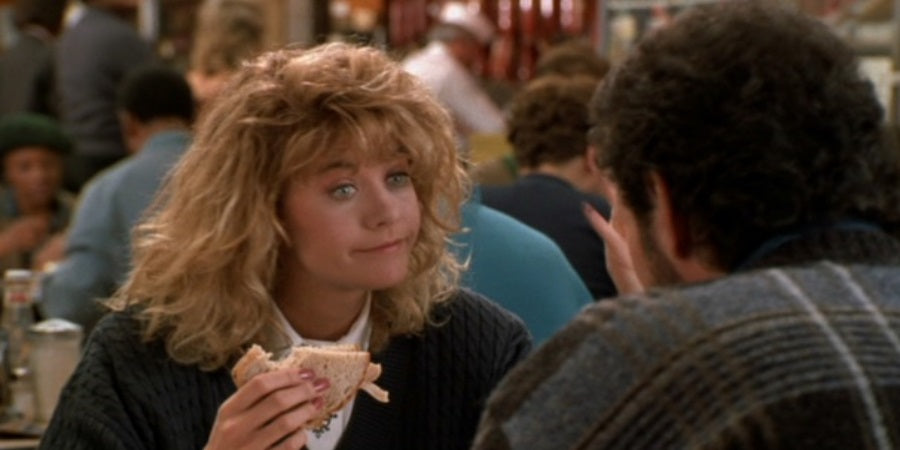
Remember when everyone tried to make “fetch” totally happen? Or when “as if” became a part of every female teen’s vocabulary in the mid-late 90s? It is down to the influence and impact of many female lead comedies that we don’t think twice about uttering the catchphrases of some of our favourite characters. Aca-scuse me?
Some of the most iconic quotes in movie history have been uttered by women in comedy movies. From Meg Ryan’s infamous diner scene and, “I’ll have what she’s having” to American Pie’s “This one time at band camp…” what women say matters in comedy, it just felt that for a long time no one was listening properly.
So her are just some of the reasons that we will start to see a positive turn in the way that women are not only portrayed in film but an increase in the roles available to them. With a tidal wave of talented female writers coming along and female lead comedies on both the big and small screen we hope to see a permanent change in the genre, not simply for the sake of it but because it was the right choice to make. We want your thoughts on what we have had to say about women in comedy, let us know your favourite comedic performances and movies over on Facebook, Twitter or Instagram.

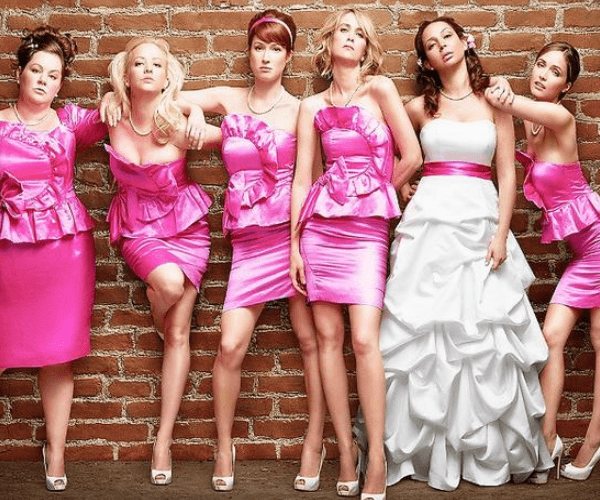
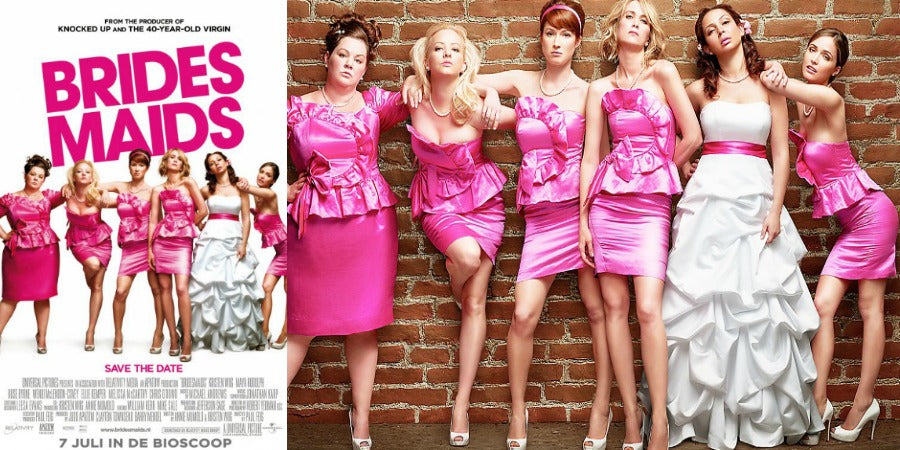
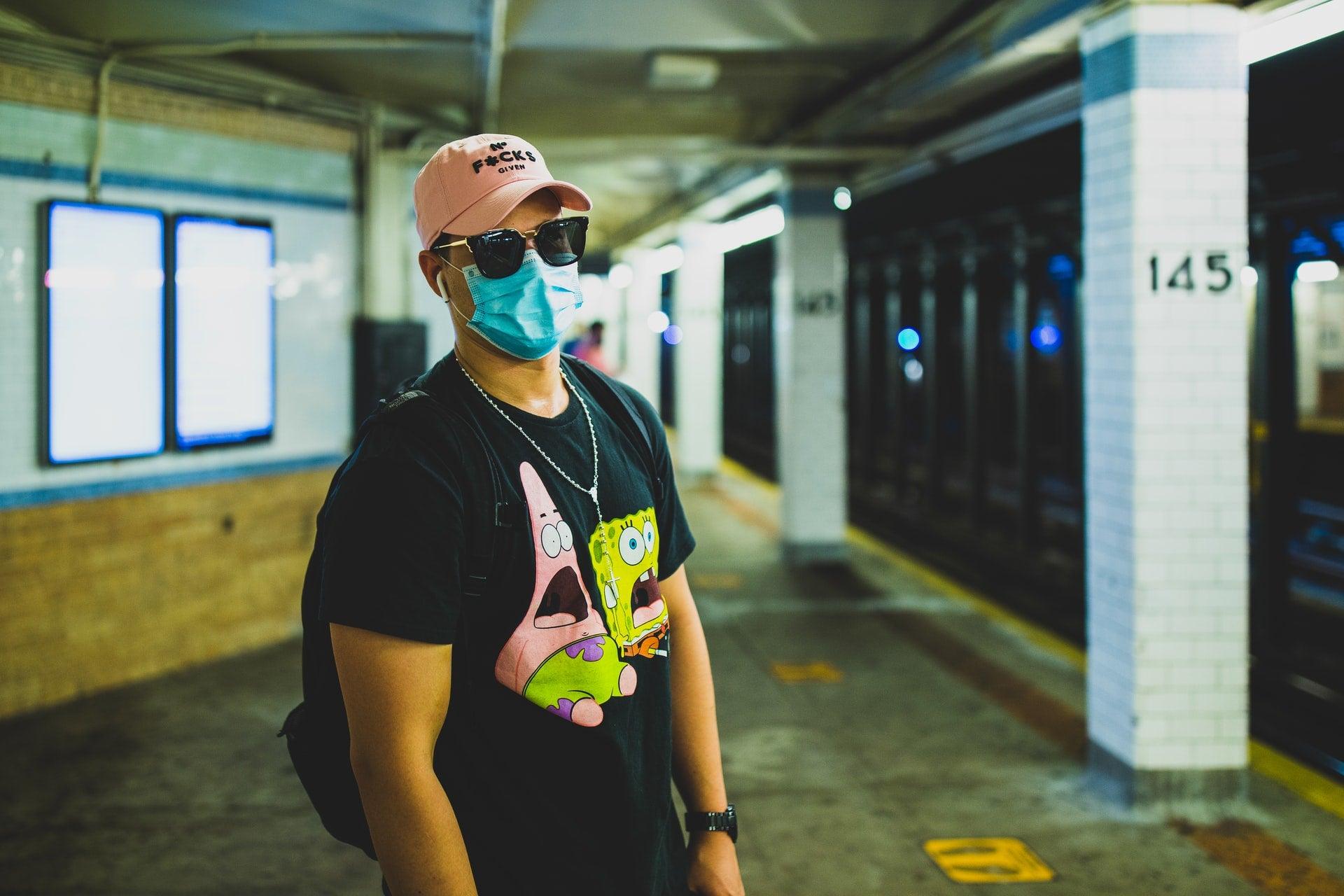
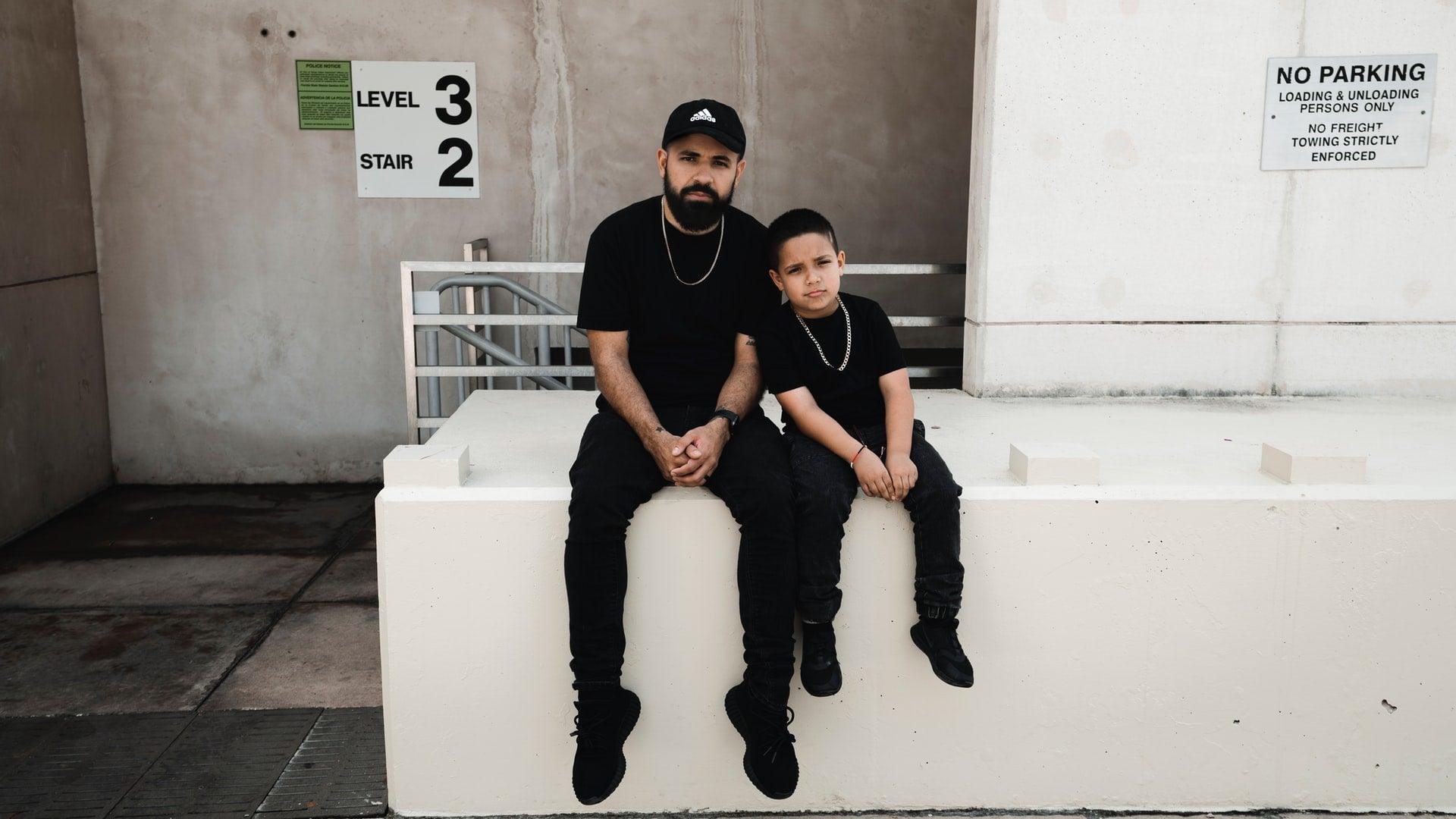
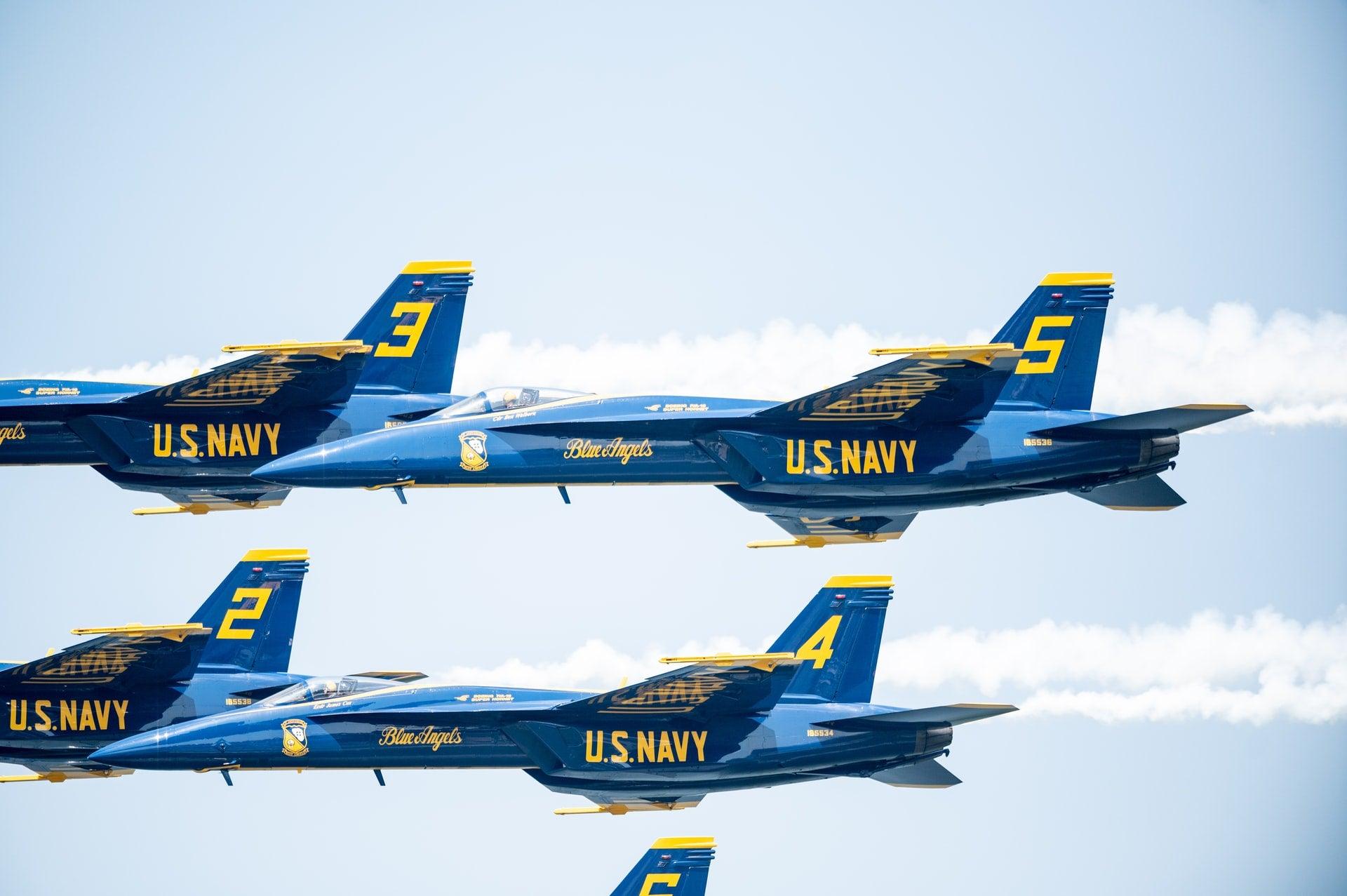
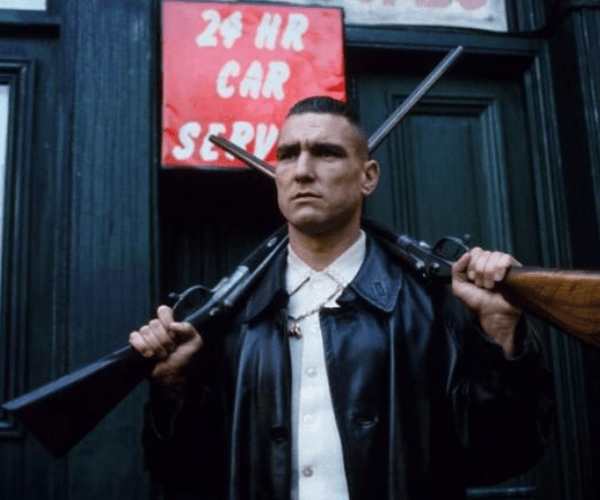
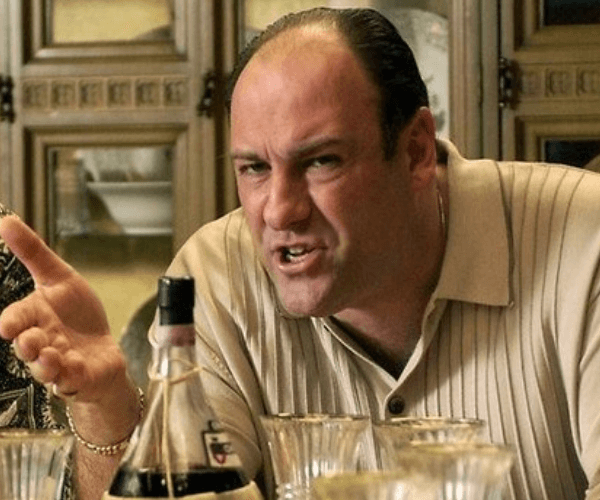
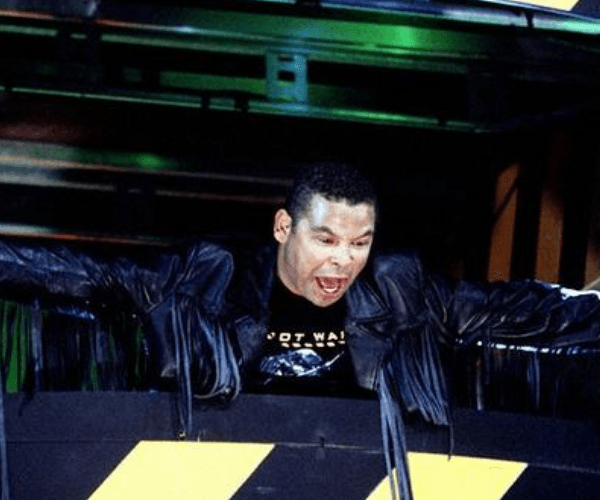
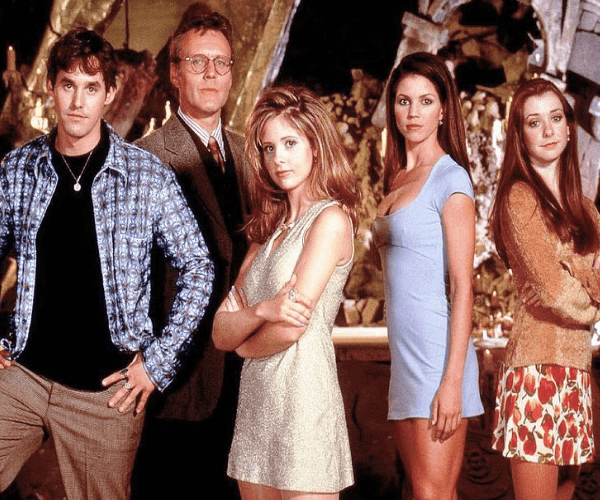
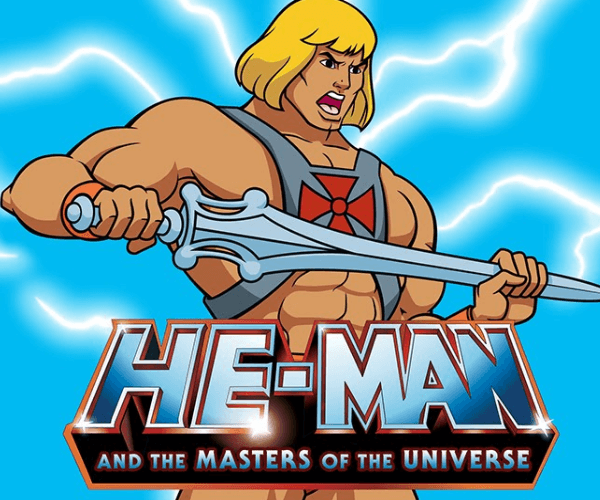
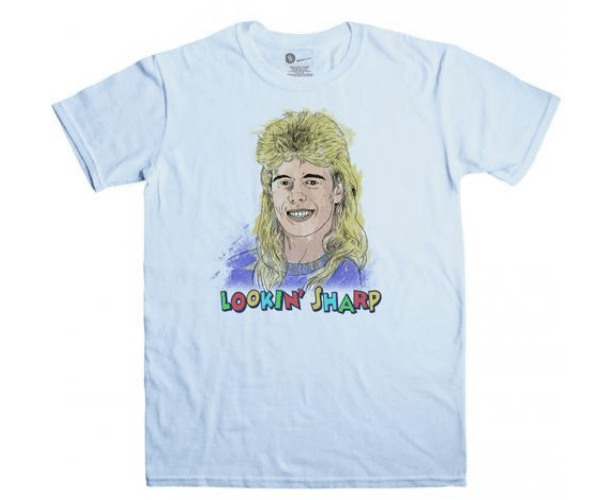
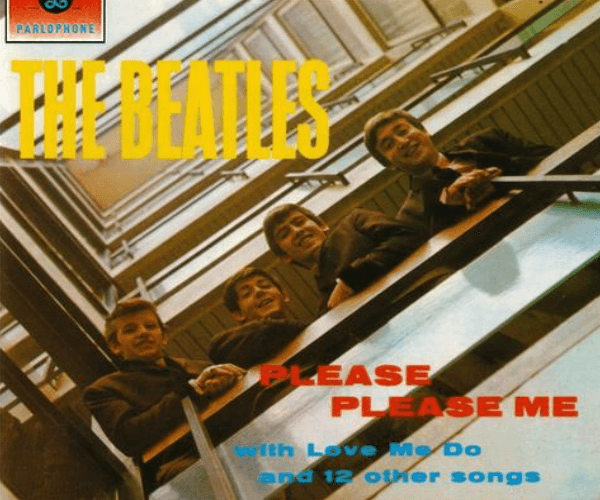
![The Best Star Wars Fan Theories [infographic] 8Ball](http://www.8ball.co.uk/cdn/shop/articles/The-Best-Star-Wars-Fan-Theories-infographic-8Ball-8799.png?v=1707708368)
